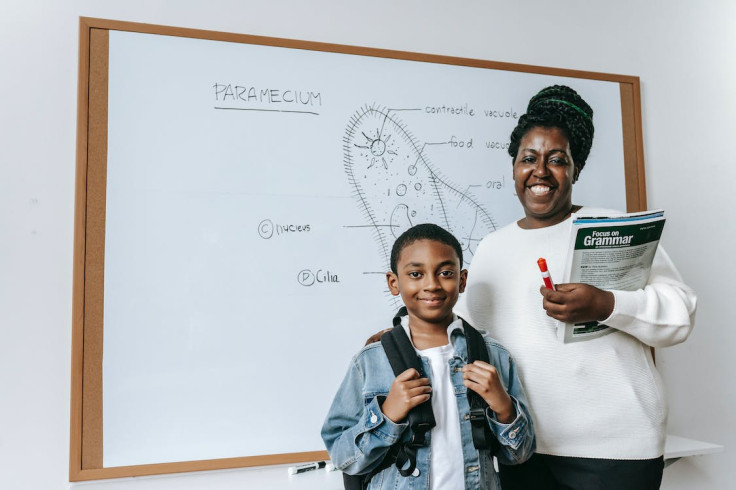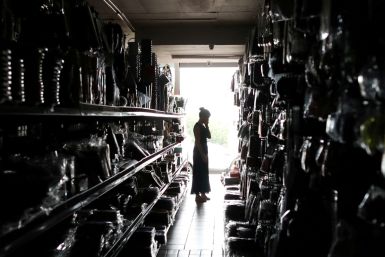Education Minister Urges Private Sector To Increase Involvement In Education

Basic Education Minister Siviwe Gwarube urged the private sector to get more involved in the education sector as it consists of resources, expertise and the ability to make a big difference.
During the Partnerships for Education Business Breakfast at the Johannesburg Council for The Disabled (JOCOD) in Lenasia on Monday, Gwarube noted that many private sector organizations are already contributing by investing in infrastructure.
Furthermore, the private sector is also providing technology, supporting teacher training, and collaborating with schools to create relevant curriculum for the future.
Gwarube used the event to share her key priorities for the seventh administration and talk about how working together with the private sector can lead to lasting improvements in the education system.
"Today, I want to call on our private sector partners to consider taking their involvement in the education sector to the next level," the minister said, SA News reported. "As South Africa's seventh administration in the Government of National Unity [GNU], we are fully committed to improving education outcomes across the country."
She added, "We recognize that this cannot be achieved by government alone. The private sector has a significant role to play, and we are here to facilitate, support, and collaborate with you in ways that make the greatest impact."
The minister encouraged private sector partners to work closely with the Department of Basic Education (DBE) to create programs that help develop the skills needed for a competitive and productive economy.
She stressed the importance of their input, insights, and innovation in shaping the education system to prepare students for real-world challenges and opportunities. The Minister highlighted that education is an issue everyone can agree on, regardless of political views.
Gwarube noted that every South African has a stake in the quality of education and emphasized that since the end of apartheid, major progress has been made in providing access to basic education.
However, the minister expressed concern over the small sample of literacy data, calling it a serious issue. The study revealed that about the 80% of learners who were tested (as a sample) could not read for meaning in any language.
She said that if literacy, which includes reading, writing, and counting, is not fixed, the DBE would have failed in its core responsibility.
She emphasized that every priority in the seventh administration is focused on improving literacy. The minister highlighted the importance of early childhood learning to ensure that students can read for meaning by Grade 4.
Gwarube pointed out that the government often focuses only on outcomes, like the matric pass rate, without addressing the basic foundations of learning. She expressed her commitment to changing this approach, stressing that by getting the basics right, significant progress can be made in the education system.
Last month, Gwarube said that if girls receive proper support during their teenage years, they can change the world as empowered individuals today and as future workers, mothers, entrepreneurs, mentors, household heads and political leaders.
© Copyright 2025 IBTimes ZA. All rights reserved.

















